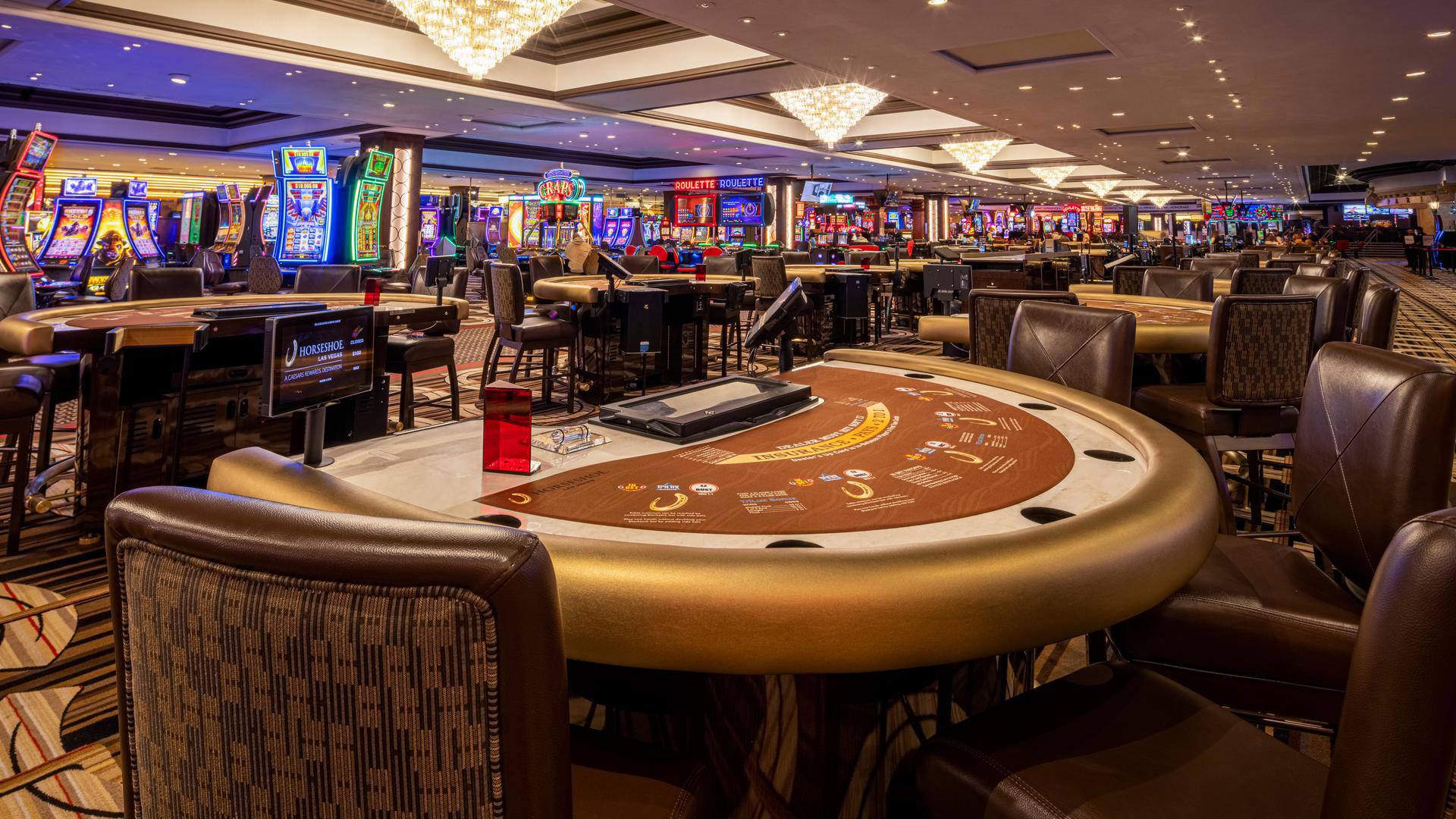
The realm of entertainment has seen numerous transformations over the years, but not many have captured the imagination and thrill of gamers quite like gambling games. Originating in the bustling halls of Las Vegas, Nevada and Atlantic City, these entertainments have spilled over boundaries and societies, becoming a global phenomenon. Whether in the bright lights of a mega-resort to the convenience of virtual platforms, the allure of gambling games is undeniable, luring millions into a world of chance and tactics.
As an increasing number of nations embrace betting in various forms, the influence of U.S. casino games is clear. They have not only influenced local gaming industries but have also sparked countless adaptations and innovations globally. Classic games such as poker and the blackjack, along with modern variations, have created a common dialect of entertainment that connects across varied populations. The mix of risk, rewards, and social interaction found in these activities fosters a unique sense of belonging, further cementing their place in the global entertainment sphere.
Historical Overview of U.S. Gambling Games
U.S. casino gambling activities have a rich and colorful history that reflects the cultural development of the U.S.. The beginnings of these games can be linked back to various Europe’s gaming traditions brought over by colonists. Games like the poker game, the blackjack game, and the roulette game found their way into the mosaic of American society in the 1800s century, gaining popularity in saloons and steamboats. These venues offered the perfect backdrop for community engagement and competition, establishing a strong foundation for casino gaming as we know it today.
As the nation expanded to the west, gambling evolved alongside it. The Gold Rush era in the mid-1800s saw the rise of gaming towns such as Deadwood and Tombstone, where gambling activities were played with high stakes, frequently punctuated by an air of lawlessness. This period paved the way for the formalization of casino gambling in the beginning of the 20th century, especially with the establishment of Las Vegas, Nevada as a gaming hotspot. The construction of lavish casinos changed the gaming landscape, establishing an environment where gambling activities could thrive and attract visitors from around the world.
In recent decades, the legalization of casino gambling in various states has additionally diversified the variety of activities available. U.S. casinos now offer a combination of traditional games and innovative options that serve to modern players. This growth has enabled for a distinct blend of old and newfangled, facilitating the ongoing evolution of casino gaming culture in the U.S.. The international impact of these games has also led to their incorporation into global gaming markets, showcasing the enduring influence of American casino gambling activities around the globe.
Worldwide Popularity and Influence
The growth of American gambling games has marked a significant change in the global gambling landscape. With their attraction crossing borders, these titles have captivated players around the globe. From Texas Hold’em tournaments to fruit machines, American styles have found a home in many international casinos. This transfer of culture highlights how adaptable and compelling these titles are, adapting to local preferences while preserving their timeless American charm.
Moreover, the impact of these titles extends beyond traditional gambling establishments. Ga179 Digital platforms have played a pivotal role in promoting U.S. gambling titles, making them accessible to gamers globally. The ease of online gambling has introduced millions to opportunities that were once limited to physical casinos. Players can now enjoy their favorite games from any location, creating a new wave of excitement and growing the player base considerably.
This global embrace is also reflected in the integration of U.S. gambling titles into local cultures. Countries that have adopted these titles often organize their own adaptations and tournaments, blending local customs with American gaming traditions. This blend not only enriches the gaming journey for participants, but it also underscores the powerful influence that U.S. gambling titles have on both entertainment and social interaction across different cultures.
Cultural Adjustments and Improvements
Gambling games have undergone significant transformations as they expanded across different cultures. Every area has absorbed features of U.S. gambling while infusing its own traditions and practices. For example, the rise of digital casino sites has enabled for the integration of local flavor into classic titles like poker and blackjack. Players now experience variations that incorporate regional wagering styles and unique rules, making the games more relatable and inclusive for varied audiences.
In many countries, the popularity of casino games has led to the creation of localized versions that reflect cultural themes and narratives. This flexibility has opened doors for creative game design that resonates with gamblers on a individual basis. Gaming machines, for instance, now showcase visuals and sounds that honor local traditions, legends, and popular culture, which in turn enhances the gaming experience and promotes a sense of community among players.
Additionally, the worldwide influence of U.S. casino games has led to new game styles and blended styles. Some venues have combined traditional gambling with amusement aspects, such as live performances or interactive technology, resulting in a more immersive atmosphere. These developments not only attract a wider audience but also ensure that the essence of gaming continues to evolve, bridging gaps between diverse cultures while maintaining the thrill that casino games are celebrated for.